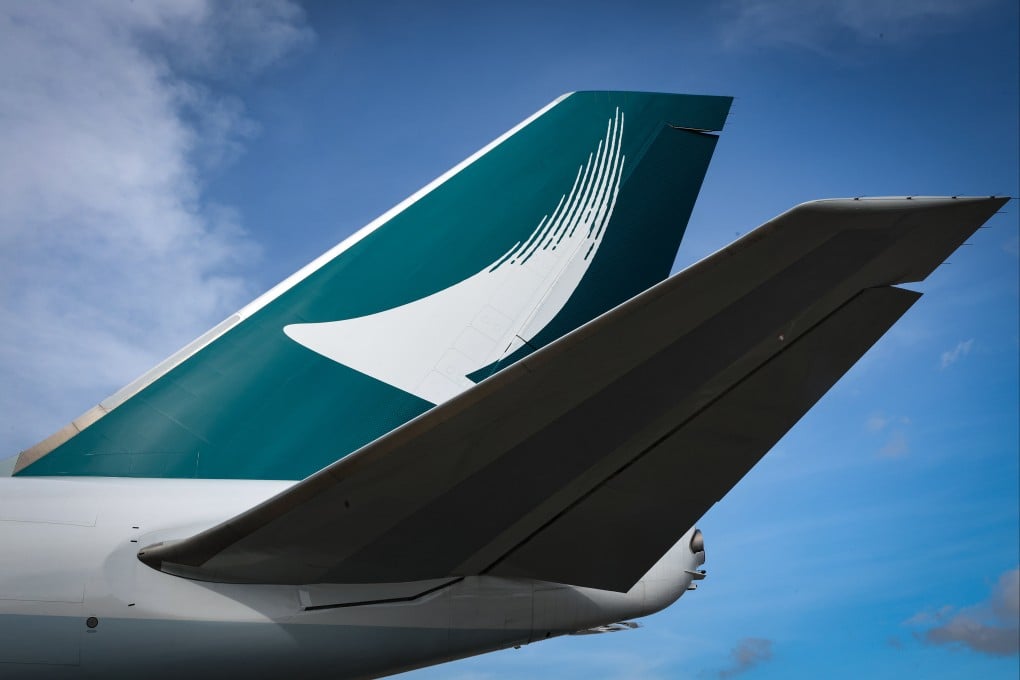Hong Kong’s Cathay pulls 3 cadet pilots from US training programme after serious blunders
- Airline says trio failed to comply with flight incident reporting requirements, decision made due to ‘zero tolerance’ over such failures

The company said on Wednesday it made its decision after the trio failed to comply with the requirements at the AeroGuard Flight Training Centre in Phoenix, Arizona.
The move followed the completion of a comprehensive investigation by the training school in collaboration with Cathay and relevant authorities, it said.
Cathay Pacific’s director of flight operations, Chris Kempis, said it recognised mistakes would occur, with opportunities given to students to learn and improve, but it would not tolerate non-compliance with core requirements.
“A just and open reporting culture is at the centre of our values. Being aligned with this culture is fundamental to being a Cathay Pacific pilot,” he said.
“However, we have a zero-tolerance approach to non-compliance with flight incident reporting requirements. We are committed to providing comprehensive training and ensuring that our future pilots are well-equipped to uphold the highest levels of safety and professionalism.”